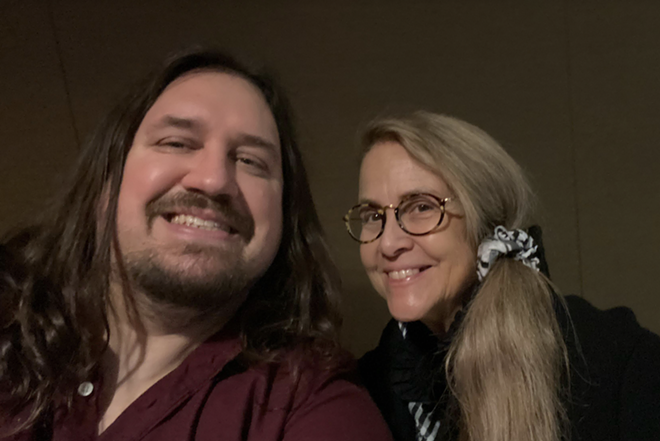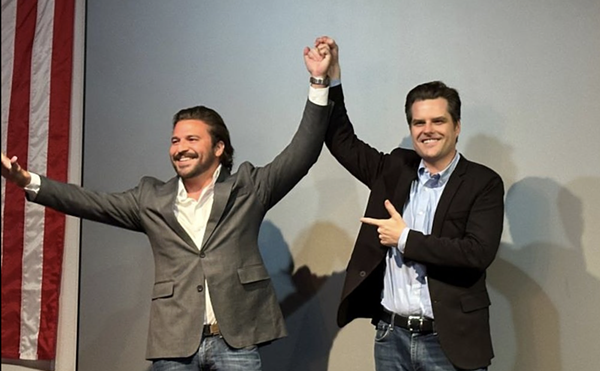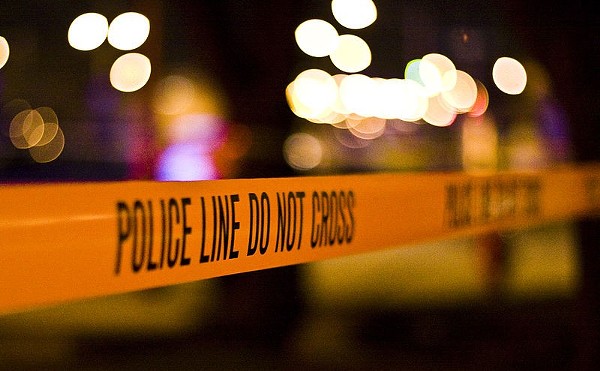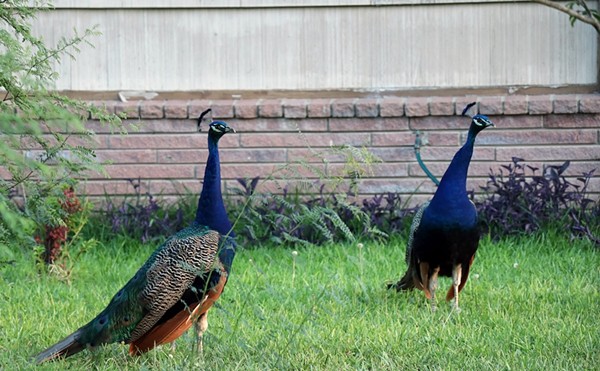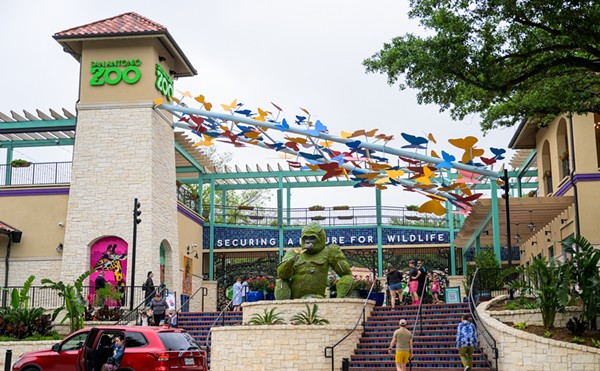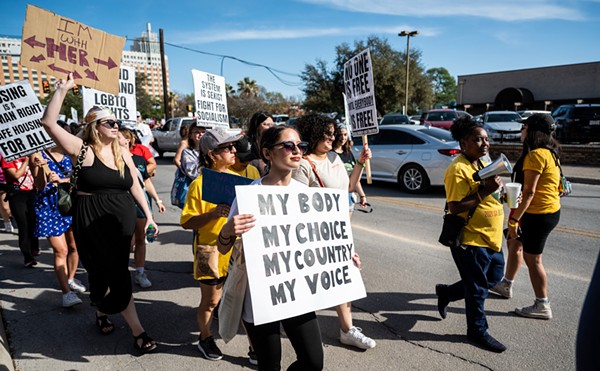Naomi Shihab Nye is the Texas Observer’s poetry editor emeritus. She is Palestinian-American and grew up in St. Louis, Missouri, and San Antonio. She frequently visited family in Palestine throughout her lifetime, including as a child. Amid Israel’s ongoing bombardment of Gaza, the Observer asked her about how growing up Palestinian influenced her writing.
What attracted you to poetry?
That was a lifetime, instinctive connection.
I loved the ways poetry worked on the page and in our brains. I loved the spaciousness about poetry — the space around the lines and room for your own thinking. I love the variety of voices.
By the time I was in second grade, I already felt like poetry was my land. I was writing my own poems from the age of six, and when I was seven, I started sending them to children’s magazines. It was a world that I entered into out of pleasure. It helped me think, and it gave me space to be in that felt meaningful.
There’s a rich history and legacy of Palestinian poets like the late Mahmoud Darwish and Mosab Abu Taha from Gaza. Are there any Palestinian poets who inspire your work?
My father would read [the works of poet Mahmoud] Darwish to me when I was a child and translate it because, in those days, there were not many translations of him. My father would read other poetry and translate it for me, and I just loved it. I loved everything about it: the metaphors, the passion, the care, the tenderness, the flowing quality of the lines. I eventually met Darwish, and he would ask me to read his poems in English; he didn’t like to read his poems in English at all. He read in Arabic, and just getting to be with him was such a landmark in my lifetime’s experience.
I had a chance to be with [Palestinian poets] Fadwa Tuqan or Samih al-Qasim, Taha Muhammad Ali, whom I adored—or just so many people who are now not available to us in the flesh, only through their words.
I felt them as a wellspring of the spirit of Palestine, and the love and the care for Palestine—that is something that the media often finds easy to overlook. It’s just so insulting—versus the poetry which is so respectful, passionate, loving, and nostalgic.
One of your 2014 poems, “Before I Was A Gazan,” reads like it was written this year. What’s the backstory?
It’s not a new poem. It’s 10 years old. At that time, there were some literacy programs out of Gaza that were inviting me and some other writers I know to be with the children, be with the students, and talk about writing and story, and why we need story, and why we need to believe in our own voices. Shortly after one of my sessions with these beautiful, beautiful kids who never ever complained about anything, there was a horrible, genocidal bombing of Gaza. … I just kept picturing these kids and thinking about their names, and what had happened to them, how many were still living, were any still living, were any of them killed, and I kept trying to get through to their teacher and find out if they were. That poem was from a horrible sleepless night.
They were just human beings. They were kids; they were proud—just like the boy in the poem is proud of his math homework. I was just thinking how horrific it is that children have to suffer these disasters, and I felt like I needed to write something in their honor. That’s how that poem came to be—but the weird part about that poem is, it’s not obsolete; it’s continued to be relevant all these years.
As poets, our minds reel and give us images. I just kept thinking, What would it be like to be a child who goes off to school or loses your homework, or something so pedestrian? And then your whole house disappears before you can even get home.
Before I Was A Gazan by Naomi Shihab Nye
I was a boy
and my homework was missing,
paper with numbers on it,
stacked and lined,
I was looking for my piece of paper,
proud of this plus that, then multiplied,
not remembering if I had left it
on the table after showing to my uncle
or the shelf after combing my hair
but it was still somewhere
and I was going to find it and turn it in,
make my teacher happy,
make her say my name to the whole class,
before everything got subtracted
in a minute
even my uncle
even my teacher
even the best math student and his baby sister
who couldn’t talk yet.
And now I would do anything
for a problem I could solve.
Earlier, you called going to Palestine a “deep experience,” and I noticed in some of your poems, there are these classical symbols and themes about Palestine, like olive trees and figs. How does being Palestinian-American influence your writing?
Oh, that’s so beautiful. It’s just everywhere—it’s my texture; it’s my material; it’s my body of knowledge; it’s my dream field.
I think we all pull from the world right around us. Palestine, for me, was like the soul place. My father never wanted to stay gone from it long. He always dreamed of going back. He wanted to be on his own land. He wanted to treasure and be in that community that he loved so much. He wanted to die there.
For me, as a writer, just to have this fabric, this gorgeous fabric like the Palestinian tatreez [traditional Palestinian embroidery], the stitchery, the tiny threads of color traveling through my whole life has been the most important thing to me.
Palestine has been for so many people an unresolved dream of gravity and beauty. It’s people from Brooklyn who currently have my father’s old home in Jerusalem or did the last time I was there. There’s that sense of unresolvedness when people are haunted by something that’s not right.
Palestinians are all haunted. We’re haunted by what used to be, what could have been, what we dream could be, what we would prefer for all the people who are living there right in the heart of it—and have everything at stake. Everything.
This interview has been edited for length and clarity.
Subscribe to SA Current newsletters.Follow us: Apple News | Google News | NewsBreak | Reddit | Instagram | Facebook | Twitter| Or sign up for our RSS Feed

